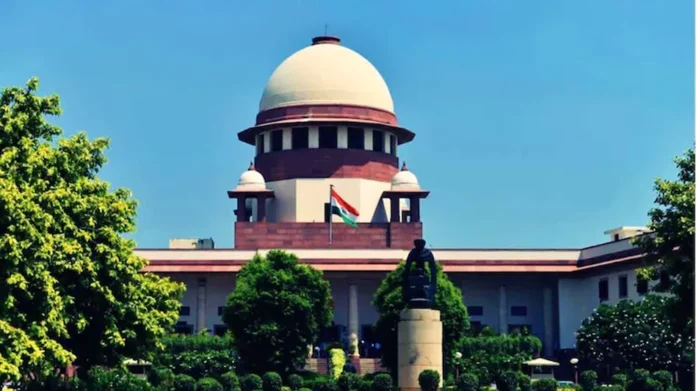The Bench of Justice D.Y. Chandrachud, Sanjay Khanna and Surya Kant pronounced an important Judgment while interpreting the provision of an arbitrator’s fee in the Fourth Schedule of the Arbitration and Conciliation Act, 1996. The Court concluded that an arbitrator cannot determine their own fee unilaterally, without consulting with the parties, in order to emphasise the significance of party autonomy in arbitration proceedings. The majority judgement of the bench was read out by Justice Chandrachud. On the narrow question of charge for counterclaims, Justice Sanjiv Khanna gave a reading of his opinion that differed from the majority.
The interpretation of Sections 38 and 39 of the Act by the Bench supported the conclusion that the arbitrator cannot decide their own fee unilaterally. According to the Court, Section 38 empowers an arbitrator to divide the agreed-upon fee between the parties. If the agreed-upon fee is not paid, Section 39 gives the arbitrator the authority to seize the parties’ property. However, the Act makes no provision for the arbitrator to choose their own remuneration. In order to streamline the fee structure, the 246th Law Commission Report, which was announced in 2014, addressed the problem of arbitrators’ fees and recommended a model schedule of payments. It cited Union of India v. Singh Builders Syndicate, which examined the lack of a fee cap and the concern that refusing to pay an outrageous cost might hurt a party’s case.
The Fourth Schedule sets limits on an arbitrator’s fee maximum in accordance with the arbitration’s “sum in dispute.” The “amount in dispute” refers to the claim made by one party and the counterclaim made by the other, according to Justices Chandrachud and Surya Kant. As a result, the arbitrator has the right to impose separate fees for the claim and the counterclaim.
In the case Oil and Natural Gas Corporation Ltd. vs Afcons Gunanusa JV, the Bench held that, According to Sections 31(8) and 31A of the Arbitration Act, the arbitral tribunal may decide how to divide the costs (including the fees and expenses of the arbitrators) between the parties. It may also request a deposit (an advance on costs) in accordance with Section 38 of the Arbitration Act. If the payment to the arbitral tribunal is still owed under Section 39, the arbitral tribunal may only exercise a lien on the delivery of the arbitral award (1). If the party considers the fees are excessive in accordance with Section 39, the party may request that the court review the fees sought by the arbitrators (2).
Create an account
Welcome! Register for an account
A password will be e-mailed to you.
Password recovery
Recover your password
A password will be e-mailed to you.
Arbitrators can’t decide their fees without consulting parties, says SC
Anamika Singh
RELATED ARTICLES






